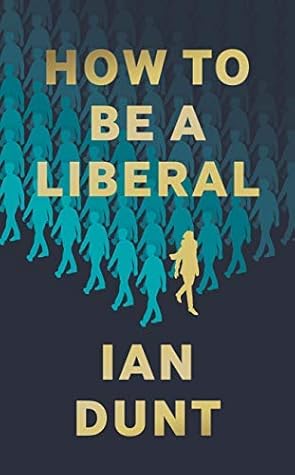‘Even if there were errors,’ Mill concluded, ‘there might be a substratum of truth underneath them.’ He started to become obsessed with the idea of ‘half-truth’ – that there were little slivers of validity in everyone’s philosophy, which he could discover and reassemble, through a kind of empathetic intellectual archaeology. He had been raised to have complete faith in one system of thought, but now he grew wary of the idea that any ideology could provide all the answers. The whole idea of a ‘universal synthesis’ was flawed.
Welcome back. Just a moment while we sign you in to your Goodreads account.


